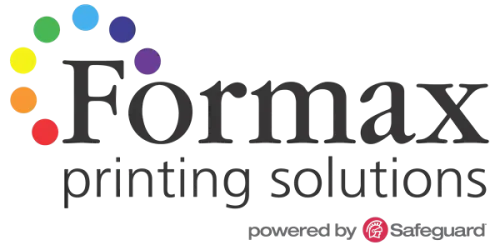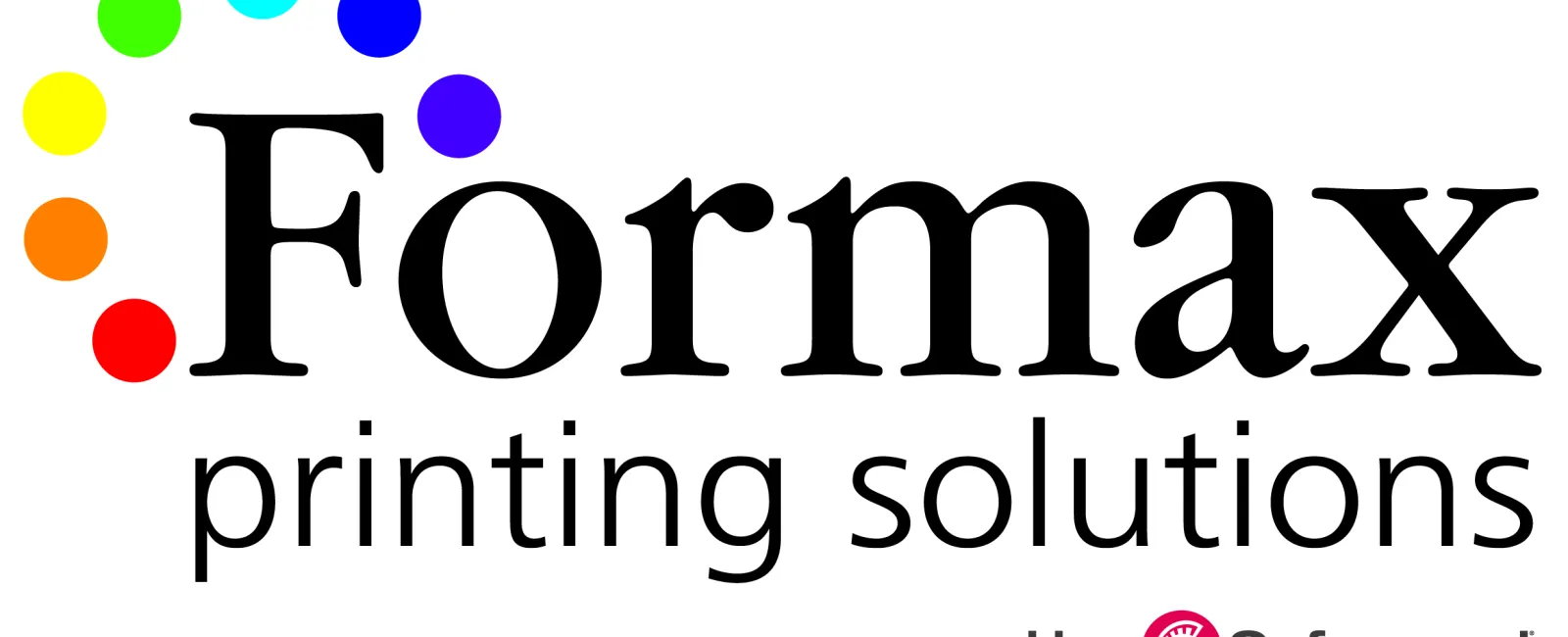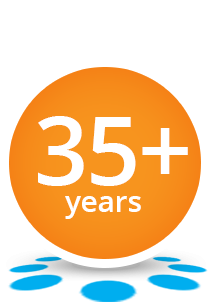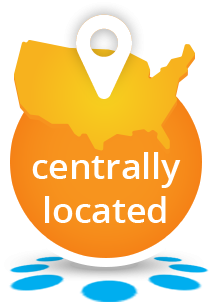Next to business cards and stationery, Flyers and Brochures are two of the most popular printed pieces out there. The difference between a Flyer and a Brochure is clear to some but not so clear to others. Now I've never seen any formal rules that define the differences between Flyers and Brochures, but in my experience the difference is defined partly by their physical characteristics and partly by their intended purpose.

What is a Flyer?
A Flyer is usually a single, unfolded printed sheet that is used to draw attention to an event, service, product or idea. A flyer usually contains a very simple message that can be conveyed quickly. A flyer is generally printed on the 8.5" x 11" paper size to keep its cost low, though flyers can be created in any size that is easy to handle. Also, the printing is most commonly on one side of the paper, though no law says flyers can't be printed on both sides.
Depending on their use, flyers are sometimes referred to as handbills, leaflets, inserts or circulars. They are commonly distributed by hand wherever customers or people may gather or pass by, such as at a trade show or other popular venue. Also, flyers can be folded and tabbed as a self-mailing piece (aka a "mailer") or enclosed in an envelope. Flyers can be printed in any ink color, though full color printing is the most popular since the purpose of a flyer is to get noticed and read.
A flyer usually has a relatively short lifespan, such as announcing a one-time event like a grand opening or special promotion. So, the paper used for flyers does not necessarily have to be heavy weight paper. However, a flyer can be printed on thicker paper to make it more durable if it contains information that will be referred to again and again, such as when used as a product spec sheet or instructions.
What is a Brochure?
A Brochure can have specifications similar to a flyer, but a brochure almost always has printing on both sides. And unlike a flyer which is usually left flat, a brochure contains folds that create multiple panels or pages of information, such as a simple C-fold or the more creative double gatefold. Brochures can also be created from multiple sheets bound together. Sometimes smaller, simpler brochures are referred to as pamphlets.
whereas a flyer is generally 8.5" x 11", brochures are offered in a variety of standard or custom sizes. Brochures are generally heavier in paper weight. This is done not just to enhance the perception of quality but also because a brochure is designed to be more durable since it is kept around and referred to. Also, any quality brochure is printed in full color and has some type of sheen from a UV or Aqueous coating.
Brochures are generally not distributed as freely as flyers. Usually, salespeople distribute brochures only after a potential customer shows some initial interest. This is because more money is typically invested in a brochure than in a flyer. A brochure must be of top quality since its job is to help showcase a product, highlight a service or promote a company. When making a purchase decision, your customers will compare the quality of your promotional literature to those of your competitors so brochure printing should not be skimped on.
Flyers and brochures have different characteristics but they are both important marketing tools which can be used by any business or organization such as an Atlanta Plumber or a Atlanta HVAC contractor. If you have any additional questions about flyers or brochures, just get in touch with us. We can assist you with ideas, designs and the layout of your piece.
Take care! Rick




